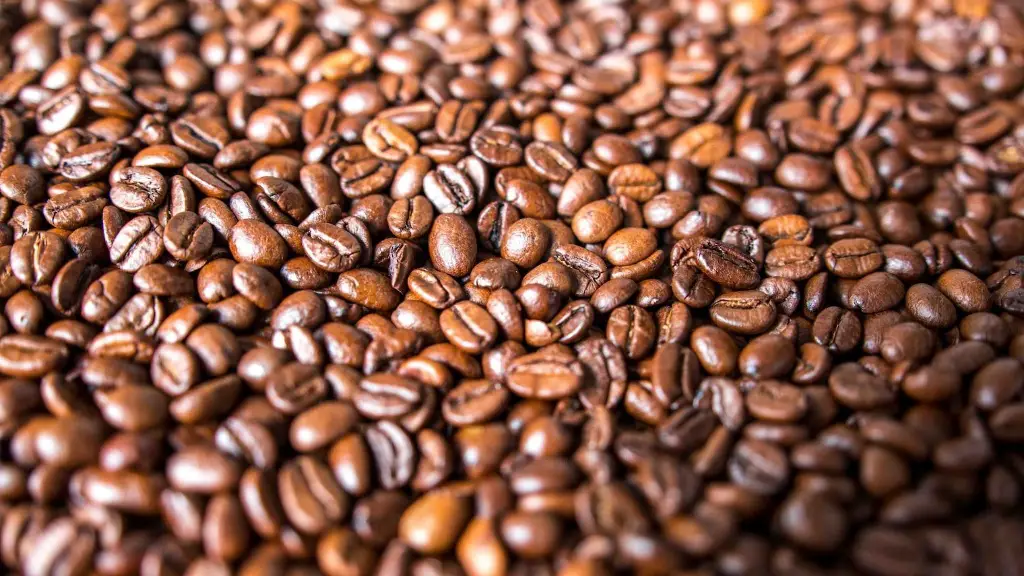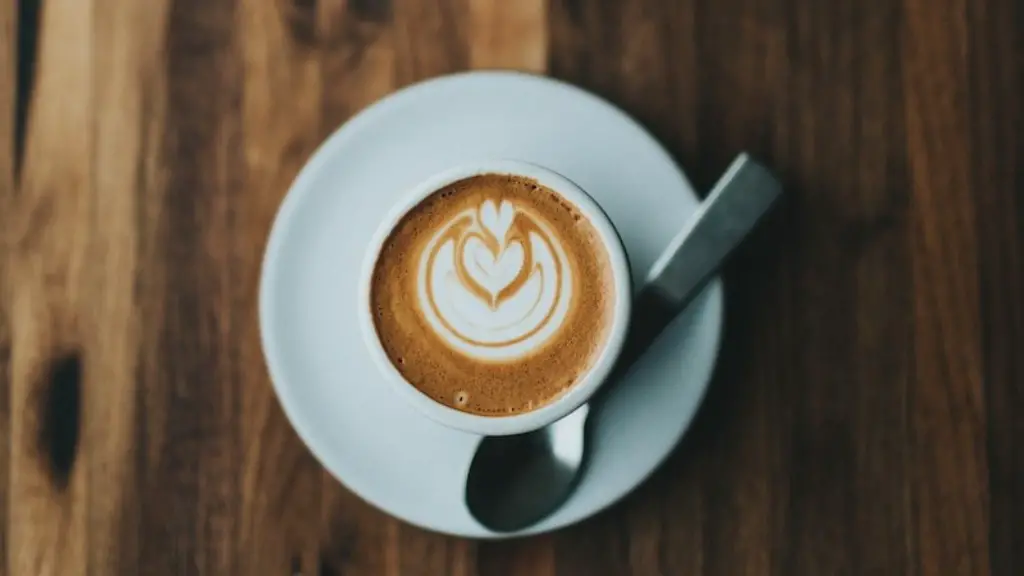The day for many of us starts off with a hot cup of coffee. This staple wake up call is a must for those who need something to wake their senses up first thing in the morning. Unfortunately, too many people are now unable to stop drinking coffee. An addiction to the hot liquid leads to many health and lifestyle concerns.
One of the main worries from drinking too much coffee are the effects it has on heart health. Research conducted by Harvard Medical School shows that an average adult should aim for about 400 mg of caffeine a day and it’s easy to exceed this amount when drinking A LOT of coffee. This can lead to increased heart rate, agitation and other cardiac issues.
Drinking too much coffee can also cause stomach problems. Those who have a sensitive stomach might find that this drink irritates their stomach and intestines. This can lead to an increased production of acid which leads to stomach pain, nausea and indigestion. This can also flare up existing issues like colitis, gallstones, and stomach ulcers.
Those who have sleep difficulties or insomnia can find that coffee further complicates things. The caffeine content in coffee can stay in your system for up to 6 hours, meaning someone can drink coffee late in the evening and still be feeling the energising effects of caffeine at night. This means less sleep for the unfortunate caffeine addict.
The effects aren’t only physical. Psychological effects of coffee overload include anxiety, panic attacks, and depression. All of this combined can make it hard for someone to function in day to day activities. If feeling overwhelmed, consider speaking with a mental health professional.
This is why it’s important to remember that coffee should be had in moderation. Instead of going for one cup of coffee, maybe opt for tea or another beverage. If this isn’t possible, remember that you can always order decaffeinated coffee. This alternate option can still give you the same taste but can help lessen the symptoms of over-coffee drinking.
If you’ve already become addicted, it’s time to take back control. Recognising the problem is the first step as this will be the motivation needed to make changes. Start by reducing the amount of cups you have every day. This should be done gradually as rapidly stopping coffee can cause withdrawal symptoms. Speak with a healthcare professional if any issues arise.
Taking Control of Caffeine Intake
Making a conscious effort to reduce the amount of caffeine consumed each day from coffee and other sources is key. This could be as simple as opting for a decaf coffee, being strict about the times you drink it, or avoiding caffeine-loaded energy drinks and sodas.
Focusing on alternatives is paramount and there are plenty of healthy options which can provide similar levels of energy. Some of these stand-in drinks are espresso shots, chocolates made with real cocoa, herbal teas, and green smoothies.
Homeopathic remedies can also be used to manage caffeine addiction and withdrawal. Experimenting with different remedies like ginseng, lemon balm and chicory root is a great place to start. Each of these can help with boosting energy levels.
Replacing coffee or caffeine-based drinks with water can also have great health benefits. Not only will you be increasing your intake of water, but it also helps the body to flush out toxins and reduce cravings. Drinking warm water with lemon slices first thing in the morning is a great way to start the day.
Supporting Yourself Through the Process
Making any lifestyle changes is hard and reducing your coffee intake is no different. It’s important to surround yourself with positive people who make you feel like you can get through it. This could be your friends and family, or a whole network of people either in person or virtually.
If feeling demotivated, seek out advice from somebody who has already been through this change. It’s possible there are even online forums or group chats which can provide support. You can also use this as a way to stay accountable. If you’re struggling, reach out and let someone know.
It’s also a good idea to keep track of your progress somehow. Writing down the amount of coffee you’ve had each day, or noting the times you’ve chosen not to drink it can be a great start. It could also be a way of keeping yourself motivated.
Those who suffer with coffee dependency can often feel as though they’re failing but they must remember to take one day at a time. The most important thing is to stay consistent and make small changes which can lead to bigger accomplishments.
A Change in Lifestyle Can Help
Avoiding coffee isn’t the only thing someone can do if wanting to reduce the amount of caffeine they have. Making changes to their lifestyle can have great effects. This requires taking a step back and looking objectively at the situation.
Are there other activities which give the same feeling that coffee does? Finding a healthy outlet for stress is key and can include going for a walk, participating in yoga or meditation, and practising deep breathing. This can replace coffee as the go-to for calming and energising yourself.
Taking the time to relax can also help. Having regular breaks throughout the day, and working to an achievable schedule will help manage cravings and reduce stress. This can include walks, listening to music, or other activities that can provide an outlet after a busy day.
Ultimately, everyone’s body is different. Some may be fine drinking four to five cups of coffee a day, whilst others may feel the effects greatly. It also varies depending on age and gender, so it’s important to listen to your body.
Learn to Love Coffee in Moderation
Coffee in moderation can have health benefits and provide great pleasure. Drinking coffee occasionally can help alleviate headaches and give the drinker a great boost if feeling weary.
Just remember to drink with caution, and to enjoy all aspects of the coffee experience. Learning about different origins, practices and blends can be a great way to appreciate coffee without needing to overindulge.
Keep in mind that, as with everything else, balance and moderation is important. If feeling tempted to overdo it, listen to your body and reach out for help from professionals.
Adding Natural Alternatives
Opting for natural alternatives to your daily cup of coffee is another way of getting the same boost throughout the day. Herbal options like ginseng, guarana and maca are natural sources of caffeine and can be taken as a tea, capsules, or even added to foods.
Taking an overall approach to incorporating natural stimulants and superfoods into your routine can help with making healthier lifestyle choices. Being mindful and making the correct food swaps is a great place to start.
Increasing your intake of antioxidants is also key. Foods like berries, dark chocolate and dark leafy vegetables contain natural sources of antioxidants and can help regulate the amount of caffeine, reduce dependence and diminish cravings.
Making a conscious decision to drink less coffee can lead to a more balanced and energised lifestyle. Knowing which options are available and making positive changes can help lead to a healthier and happier you.
Examining Your Reasons for Coffee Intake
Understanding the reasons for drinking too much coffee is an important step when it comes to reducing intake. It could be because of convenience, the effect it has on energy levels or the mood, or because of addiction.
Taking the time to reflect on these reasons can help deal with some of the underlying causes and make it easier to reduce or give up coffee altogether. Withdrawal symptoms may arise but they should be tempered with knowing the end result will be healthier and more balanced.
Seeking support is also essential. Talking with somebody close or visiting a medical professional can help talk through individual problems and make further changes moving forward.
In conclusion, drinking too much coffee has many negative effects and can have serious consequences on health and general wellbeing. Making healthier lifestyle choices, understanding why coffee is being drunk in the first place and talking to someone are all key steps which can be taken to break the habit of coffee over-consumption.





